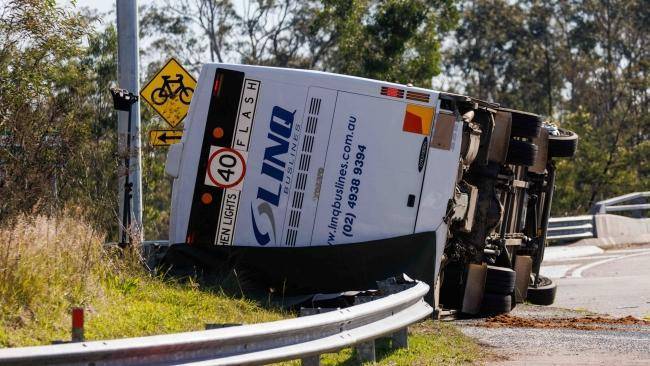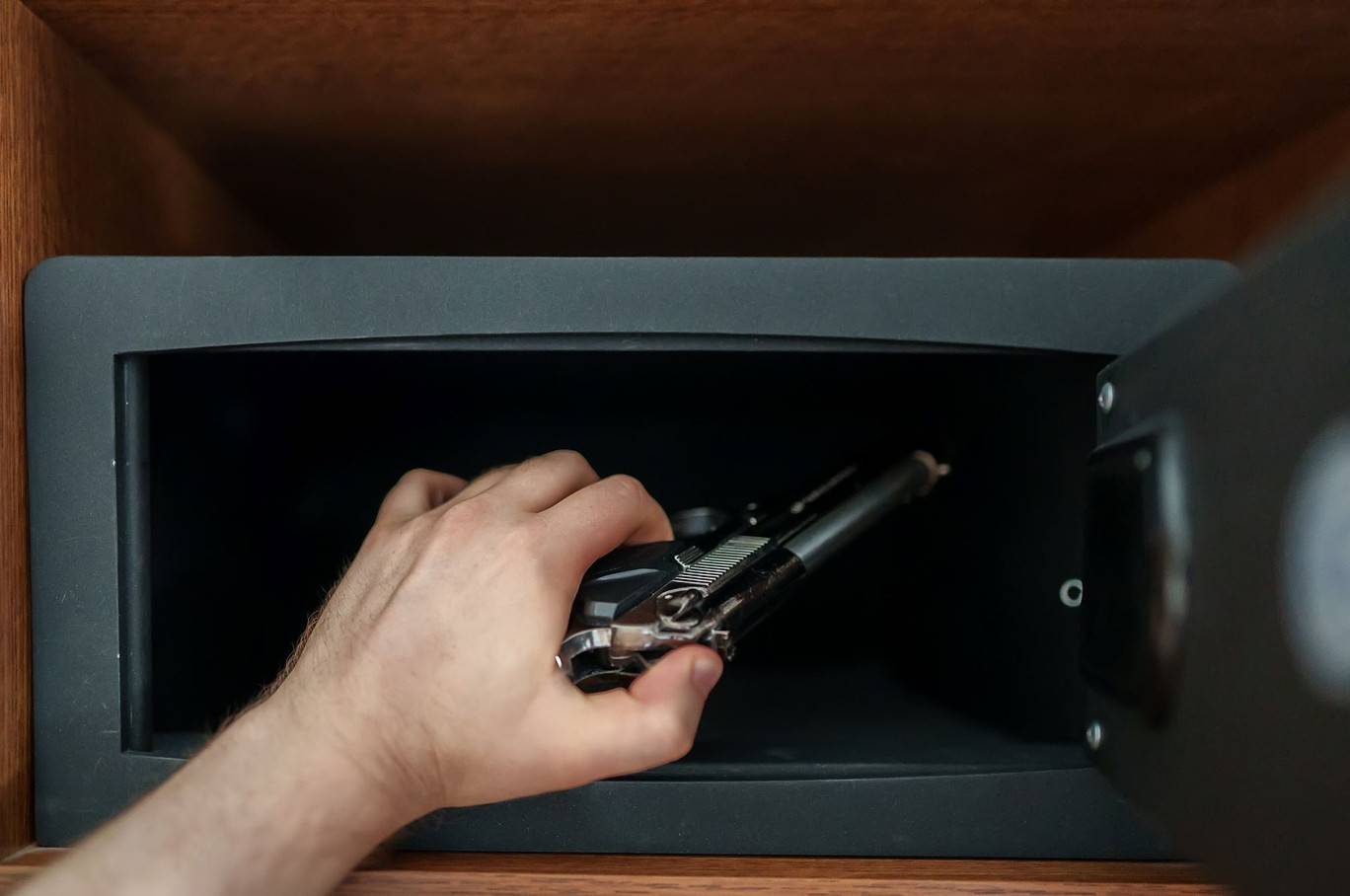The high-profile case surrounding Brett Button, the driver behind the wheel of the fatal Hunter Valley bus crash last year, has made headlines once again this month as 35 charges were withdrawn and dismissed.
On June 11th, 2023, a coach carrying 35 passengers returning to Singleton from a wedding in the Hunter Valley overturned on a roundabout near Greta after Button allegedly lost control of the vehicle. Of the 35 passengers, 10 were killed and 25 others were injured.
Button appeared in Newcastle Local Court on May 8th, 2024 and pleaded guilty to 35 charges. These included 10 counts of dangerous driving occasioning death, nine counts of dangerous driving occasioning grievous bodily harm and 16 related charges of driving furiously and causing grievous bodily harm.
However, of the 89 total offences Mr Button was charged with following the crash, 35 were dropped by the Director of Public Prosecutions (DPP).
As Founder and Managing Director of one of the largest law firms on the East Coast of New South Wales, Manny Conditsis is often looked upon for his professional insight on high-stakes cases like this one. Below, Manny answers some of the most pressing questions about the case that have surfaced in recent weeks.
Which charges were dropped?
In consideration of Mr Button pleading guilty to the 35 aforementioned charges, the DPP agreed to the withdrawal and dismissal of 35 other charges. These included 10 charges of manslaughter and 25 charges of alleged misconduct causing grievous bodily harm.
Why would the DPP take a deal not to proceed with the manslaughter charges?
It is common for the DPP and defence lawyers to attempt to negotiate a deal in response to serious charges. The practice is legislated by parliament to save the Court time and resources. Negotiations begin after the Brief of Evidence has been served. This is when defence lawyers express their views as to the strength of the prosecution case and determine whether or not there are compelling reasons for a deal to be entered into. As with every negotiation, there must be give and take. Otherwise, no solution would ever be reached.
Manslaughter is the unlawful killing of another human being without any intention to kill that person. To be convicted of manslaughter, it is not enough to prove that Mr Button breached certain traffic laws, or that he was under the influence of prescription drugs prior to the crash. The Prosecution would need to prove beyond reasonable doubt that the totality of his conduct was not only unlawful but also causative of the 10 deaths. Neither is easy to prove at the requisite legal standard of beyond reasonable doubt.
The DPP would have had to make projections as to the likely outcome of the trial. Undoubtedly, their assessment would have included the views of various forensic experts as well as multiple senior lawyers. The fact that Mr Button was not under the influence of illegal drugs at the time of the incident would have been a significant factor in the DPP’s decision to enter into a deal. While it is also common for the DPP to consult with the victims and families of the deceased before closing any deal, the extent to which that occurred here is unclear.
On the process of negotiating deals with defence lawyers, the Office of the Director of Public Prosecutions states that decisions are “always made after close and careful consideration of the evidence and in accordance with prosecution guidelines”.
Why was the accused taken into custody without having been sentenced?
Following Mr Button’s guilty pleas, his bail was revoked under Section 22B of the Bail Act. This Section enables the Prosecution to apply for the detention of an offender upon pleas of guilty being entered when the Court determines when the offender is sentenced a full-time term of imprisonment will be imposed. Undoubtedly – a full-time term of imprisonment is on the cards for Button.
A sentencing date has been set for May 30th. What is the likely sentence?
It would be unwise to attempt to predict the ultimate sentence without being privy to the precise basis on which the guilty pleas are based, and, more importantly, without knowing the defendant’s subject case to be placed before the sentencing Judge in the District Court. However, there are things we do know based on recent proceedings, as outlined below.
Each of Mr Button’s 10 counts of dangerous driving occasioning death carries a maximum imprisonment period of 10 years. The remaining 16 counts of driving furiously and causing grievous bodily harm each have a maximum imprisonment period of seven years. The maximum period of imprisonment is reserved for the most serious type of that offence. There are various bases on which Mr Button pleaded guilty to the charges mentioned, including:
a) being under the influence of alcohol or drugs at the time of the crime; and/or
b) driving at a speed dangerous to another person; and/or
c) driving in a manner dangerous to another person.
It is understood that Mr Button had an addiction to opioids and was affected by prescription drugs (but not illegal drugs) at the time of the crash.
While, in theory, Mr Button could be sentenced to a maximum of 10 years’ imprisonment for each of the 10 counts of dangerous occasioning death, that won’t happen. It is almost certain that he will ultimately receive substantially concurrent sentences. The same will be the case for the remaining 16 guilty pleas of driving furiously and causing grievous bodily harm.
What about the views of the victims’ families?
Understandably, the plea deal has elicited some strong reactions from the families of the victims, some of whom feel that justice has not been served. Nevertheless, whether the deal was or was not appropriate must be assessed objectively, without any emotional attachment.
The Victims of Crime Assistance League, a support group for people affected by crime, has called for law reform in New South Wales in response to the deal. However, in my view, no reform is needed. The proper application of the law as it stands, where cases are viewed objectively, should lead to a fair and just outcome. In my experience of over 40 years as a lawyer practising in the criminal Courts, laws made in response to one or two cases, and/or as a result of media commentary, inevitably end up being bad laws.
Manny Conditsis
Senior Trial Advocate & Accredited Specialist Criminal Law
02 4324 5688



